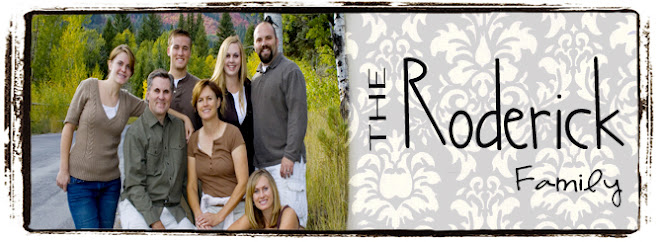Before we conclude Deuteronomy 30 I should explain my process with these posts. When you initially read them they are essentially an exercise in free writing. The original post is unedited and remains so until the following day. A cursory edit is done the day after the original post is submitted so you may want to wait a day before reading this so you can at least read the post in its edited condition rather than rough form.
Beginning with verse 16 we should liken the Lord's counsel to ourselves. As we read His words He is giving to us the same choice He gave to ancient Israel, assuming you are a member of the Church of Jesus Christ of Latter-day Saints. The covenants you have made with God through baptism and temple ordinances is essentially the same made with ancient Israel and you share the same responsibility and outcome.
Israel is commanded to "love the Lord thy God" and walk in His ways,keeping His commandments, statutes and judgments. If we do this the Lord's promise is we will live, multiply and be blessed on whatever land the Lord leads us too. (vs.16)
If we fail to love the Lord and keep his commandments, statutes and judgments we suffer for covenant disobedience:
1. Our hearts will "turn away" so we will not hear the word of the Lord.
2. We will be "drawn away" to worship false gods and serve them. (vs.17, D&C 1:15-16)
3. The Lord will "denounce you" as His people, we will perish and our days will not be prolonged on the land. (vs.18)
The Lord calls heaven and earth as witnesses to testify the covenant opportunity the Lord extends to His people. Israel/us must this day choose life or death, blessing or cursing. The Lord wants us to choose life so we and our posterity may live. (vs.19)
We conclude Deuteronomy 30 with the end of the Lord's pleading with and for Israel:
"love the Lord thy God", obey His voice, cleave unto Him because He is our life and controls the length of our days. If we keep our covenants we will live to claim the lands of inheritance promised to Abraham, Isaac and Jacob, our covenant fathers. (vs.20)
This completes our study of Deuteronomy 30. Before moving ahead take a moment and reflect on what we have learned from this exercise. In Deuteronomy 4 & 30 the Lord has given us His ground rules for His covenant people. We know the way to obtaining blessings is to obey the law/commandment upon which the blessing is predicated. (D&C 130:20-21) The Lord has been generous with His instructions. If we want to claim the blessings of Abraham, Isaac and Jacob we must be obedient as they were. We need to choose this day whether or not we seek life or death, happiness or unhappiness, long, happy lives with endless posterity or short, unfulfilled lives. The choice is ours to make but the Lord wants our decision now.
With regard to the latter-day gathering of Israel, the scattered tribes must turn from covenant disobedience to covenant obedience. To do so, some form of knowledge has to come to light restoring to the lost tribes their knowledge of promises made to their fathers long ago by God. When this knowledge comes to light Israel returns to the Lord with love and commitment, covenant obedience and blessings. On the other hand, the Gentiles, (of whom the Book of Mormon includes members of the Church) will be compelled by circumstance to choose as well. This leads to a division between those who will hear and enter and honor their covenants with God, saving themselves temporally and spiritually. (1 Nephi 14:7) Those who break their covenants suffer covenant curses, living shortened and unhappy lives.
In two chapters in Deuteronomy we have clearly seen how the Lord works with His children and there is no excuse for confusion or misunderstanding. Keep your covenants and be happy and live. Break your covenant and be miserable and die.
Now the Lord has given us a doctrinal foundation from which to build our study of the gathering, we can now begin to build our structure of understanding and prophecy.
Thursday, April 14, 2011
Deuteronomy 30:16-20 Analysis
Posted by Roderick Family at 4:49 AM
Subscribe to:
Post Comments (Atom)

0 comments:
Post a Comment